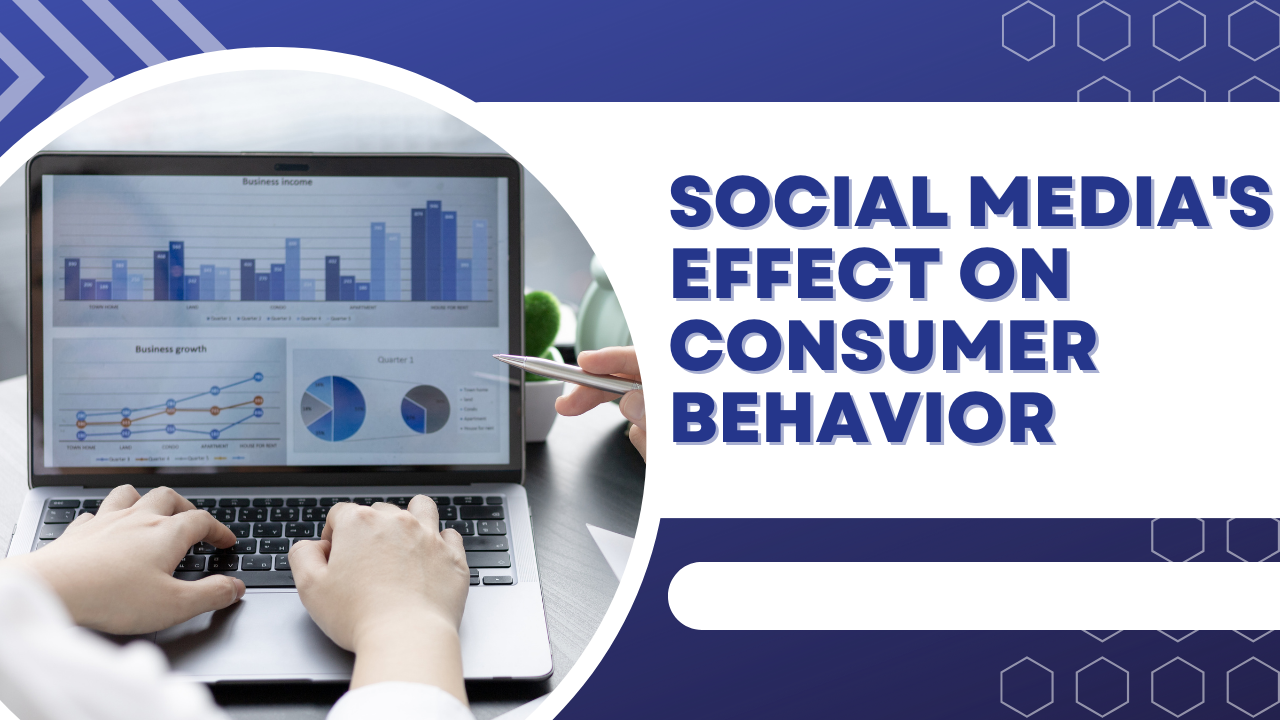
Discover how social media affects the newest developments in digital marketing. Discover methods, ideas, and how platforms are critical for the development of the ever-changing environment of digital marketing trends. Keep up with the times with our complete review.
Table of Contents
Introduction to the Impact of Social Media
The emergence of social media platforms in the early 2000s changed the online environment. Originally used as a way for people to interact and share their stories, social media has developed into a potent tool for companies to reach and influence their target markets.
Social Media Platforms Evolution
Among the early adopters of social media were Facebook, Twitter, and LinkedIn. They gave people a place to communicate, exchange information, and network professionally. The social media revolution was made possible by these platforms.

Development of Visual Platforms
Instagram, Pinterest, and Snapchat are a few examples of the visual media platforms that have changed social media. By concentrating on photos and brief films, they transformed how people consume material, giving rise to visual storytelling and influencer marketing.
Platforms Focused on Video
Video content has expanded thanks to platforms like YouTube, TikTok, and IGTV. They give companies the chance to engage their audience with dynamic video content and give customers a more satisfying brand experience.
Social media’s Effect on Consumer Behavior: Digital Marketing Trends
Social media has significantly changed how customers Digital Marketing Trends engage with brands. It has established a two-way communication pathway, enabling immediate participation and feedback.

User Interaction and Engagement
Social media, as opposed to conventional marketing platforms, enables for immediate connection. Customers can share their experiences, offer feedback, and ask questions, helping to create a sense of community around a business.
Influence on Buying Behavior
It is impossible to exaggerate the impact of social media on consumer purchase decisions. Reviews, suggestions, and endorsements from peers and other influencers are very important in influencing consumer decisions.
Increasing brand loyalty
Social media utilization done right can result in strong brand loyalty. Businesses may build a loyal customer base by continually providing value, interesting content, and top-notch customer service.
Analytics for social media and data-driven marketing
The abundance of data available for analysis is one of the major benefits of digital marketing via social media.
Also Reads:-
Blockchain and Its Disruptive Influence on Digital Marketing Trends
SaaS Marketing Strategies and Their Impact on Digital Marketing Trends
Customer Journey Mapping and Its Role in Digital Marketing Trends
Community Building Strategies in Digital Marketing Trends
Ethical Responsibility in Today’s Digital Marketing Trends
Metrics for Monitoring Engagement
Platforms offer useful information on user behavior, such as click-through rates, likes, shares, and comments. Campaigns can be improved by using this data to fine-tune content strategy.
Customer segmentation and profiling
Social media networks include sophisticated targeting capabilities that let businesses connect with particular populations. This makes it possible to customise marketing campaigns and guarantees that messages are understood by the target market.
ROI Evaluation
Businesses can gauge the effectiveness of their social media campaigns by using tracking tools. This data-driven strategy aids in efficient resource allocation and justifies marketing expenses.
Conclusion
In conclusion, social media has changed how digital marketing is done. Its development from early platforms like Friendster to Facebook’s dominance represents a substantial shift in how companies interact with their audiences. Influencer marketing has emerged as a pillar, offering a more sincere and relatable method of connecting with customers. Engaging content strategies have helped brands reach new heights when combined with data-driven decision-making.
Adopting new platforms like TikTok and utilizing augmented reality’s potential signify a sector that is always changing. However, there are some difficulties. Successful social media marketing requires being able to adjust to algorithm changes and successfully handle unfavorable comments.
Frequently Asked Questions
Q. How can I use influencer marketing for my small business?
A. Incorporating influencer marketing for a small business involves identifying influencers relevant to your niche and establishing genuine partnerships. Ensure the influencer’s values align with your brand’s ethos for an authentic collaboration.
Q. What metrics should I track on social media to measure success?
A. Key metrics include engagement rate, reach, clicks, and conversions. These indicators provide valuable insights into the effectiveness of your social media campaigns.
Q. Is it necessary to be on every social media platform?
A. It’s essential to focus on platforms where your target audience is most active. Quality over quantity is crucial. Concentrate on providing valuable content on a select few platforms rather than spreading thin across numerous.
Q. How can augmented reality benefit my social media marketing strategy?
A. Augmented reality allows for interactive and immersive experiences, enhancing user engagement. By incorporating AR elements into your content, you can create memorable interactions that leave a lasting impression on your audience
Q. What strategies can help mitigate the impact of negative feedback on social media?
A. Address negative feedback promptly and professionally. Responding with empathy and a willingness to rectify the situation can turn a negative experience into a positive one. Additionally, consider taking the conversation offline to resolve issues privately.
